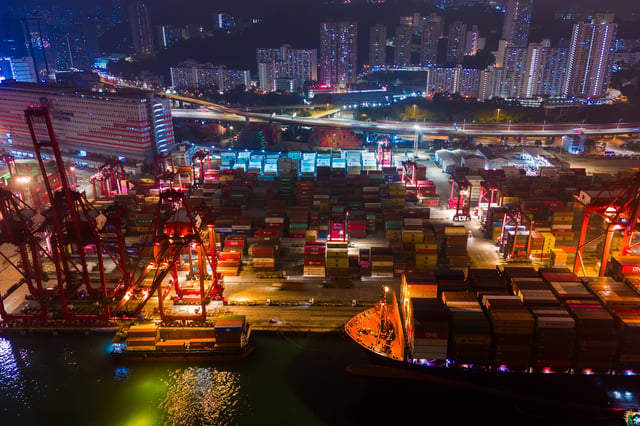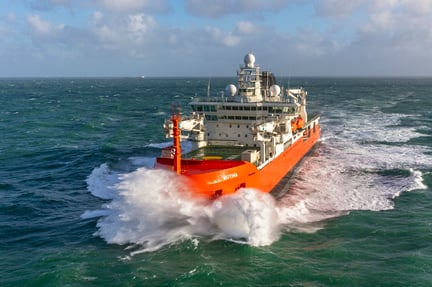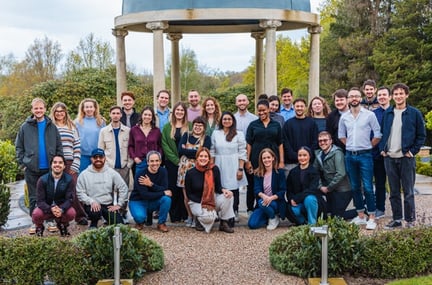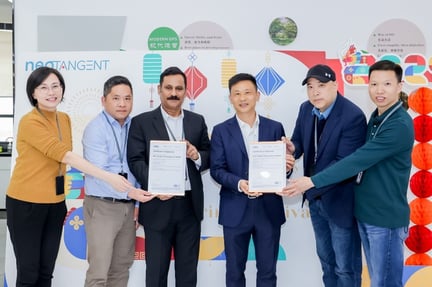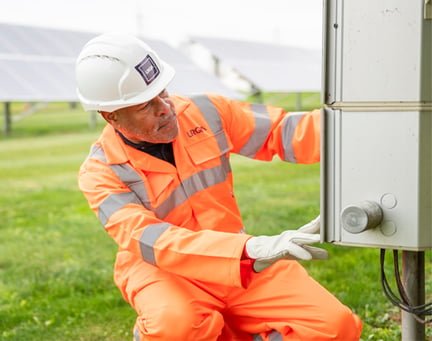
ISO 14001 Environmental Management Systems (EMS) Certification
A standards-based approach to managing your environmental risk
ISO 14001 FDIS live. ISO 9001 DIS live. ISO 45001 is next.
The world’s most recognised management system standards are being updated, with new requirements, new expectations and a formal transition period on the way. These changes matter.
ISO Transition Club: It's Free to Join
Are you ready to respond? Join our Transition Club.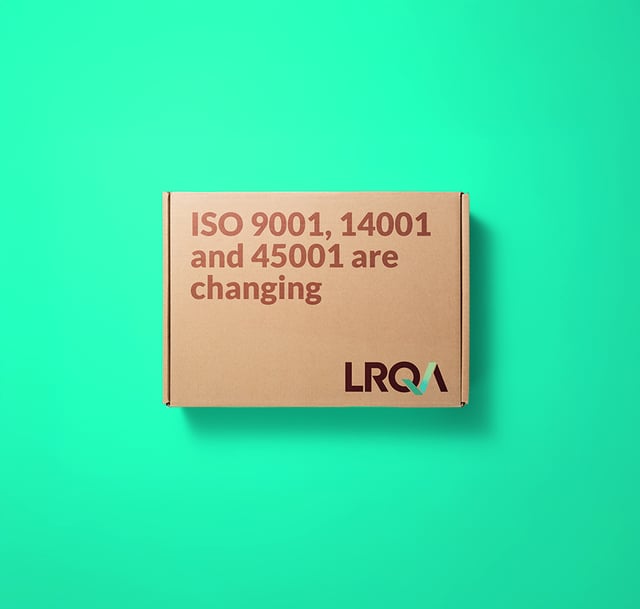
Take control of your environmental risk with ISO 14001 certification
ISO 14001 is the world’s leading standard for Environmental Management Systems (EMS), and it’s evolving. The revised version is currently at the Draft International Standard (DIS) stage, with final publication expected in March 2026. This will mark the start of a three-year transition period for certified organisations. To support you during this standard revision, we have launched our Transition Club. Sign up now, it’s free to join!
As a market leader in ISO 14001 certification, LRQA helps organisations go beyond compliance; using environmental management as a strategic tool to reduce risk, strengthen resilience and unlock long-term value. We support you across every stage of your journey, from initial implementation to navigating the upcoming transition.
Check out the Frequently Asked Questions for more information about ISO 14001 and our solutions.
Our ISO 14001 services
Our auditors are well-versed in assessing against ISO 14001, ensuring that your environmental management system aligns with the latest requirements and guidelines. They can help you demonstrate your commitment to best practice and establish credibility and reliability.
Training
Expert-led courses designed to build internal knowledge, improve system performance and support readiness for the 2026 revision.
Gap Analysis
An optional pre-audit review that highlights gaps in your current system and helps you prepare with confidence.
Certification
A globally recognised two-phase audit that builds trust, meets stakeholder expectations and drives continual improvement.
Integrated Audits
Combine ISO 14001 standard with other standards like ISO 9001 or ISO 45001 to join the dots and manage risk more efficiently.
Why work with us?
Global reach, local support
With clients in over 150 countries and auditors on the ground wherever you operate, we deliver consistent, high-quality support. Our environmental auditors combine local knowledge with global best practice to support your ISO 14001 journey, wherever it takes you.
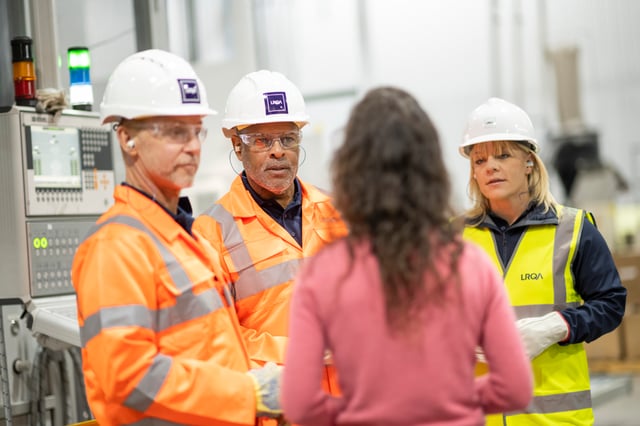
A connected approach to risk
ISO 14001 is a powerful tool for managing environmental impact, but it’s even more effective when part of a broader risk strategy. We help you connect your environmental management system with wider risks, giving you a clearer, more complete view of performance.
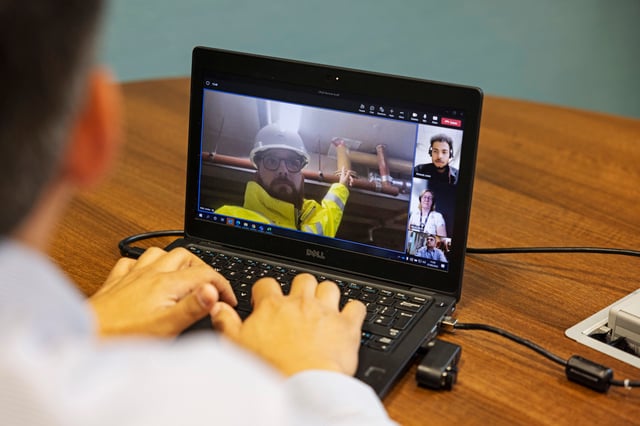
Decades of expertise
LRQA was the first organisation to receive UKAS accreditation for delivering certification services across multiple standards. With decades of experience in environmental management, our auditors bring deep sector knowledge and proven insight to every engagement.

Focused on you
We don’t just audit; we help you improve. Our ISO 14001 solutions are tailored to your goals, whether that’s meeting stakeholder expectations, accessing new markets, or strengthening environmental performance. Every assessment is designed to add value and support your goals.
